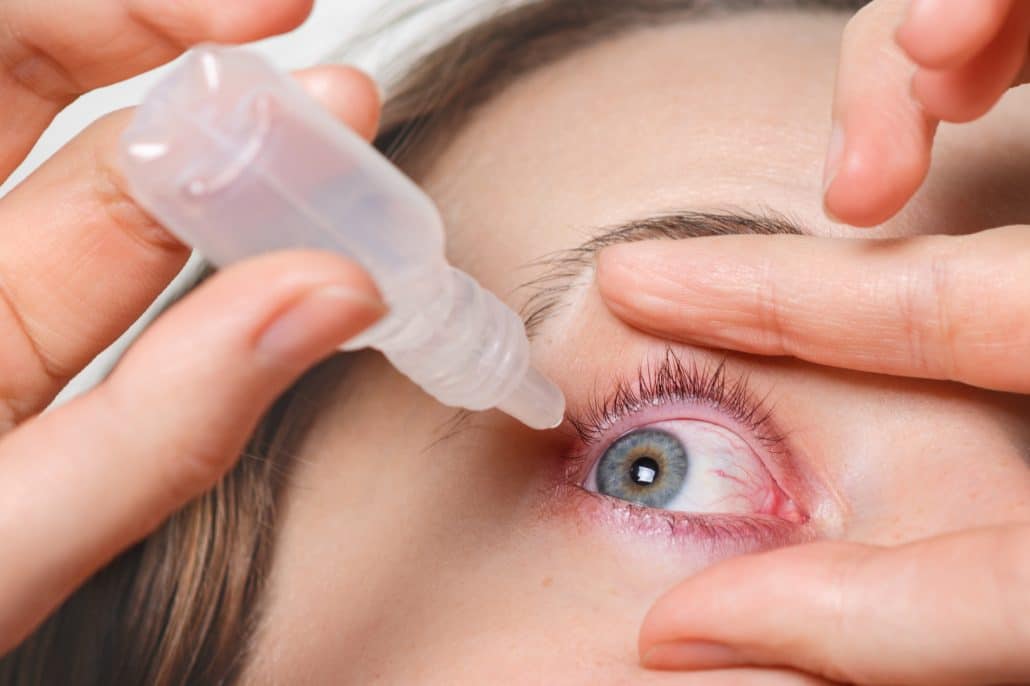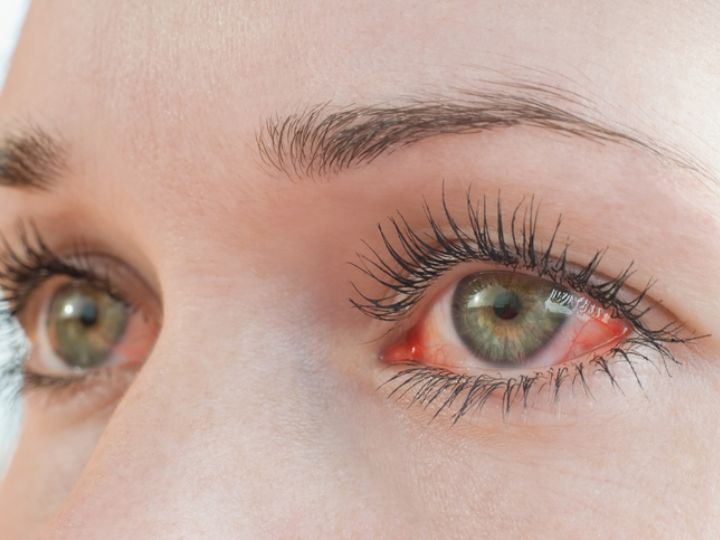All Categories
Featured

While lots of people comprehend the importance of protecting their skin from the sunlight, the dangerous effects of ultraviolet (UV) rays on eye health and wellness often go forgotten. Nevertheless, extreme direct exposure to UV radiation can cause a variety of eye issues, a few of which can lead to irreversible damages. Whether you're soaking up the sun on a summer day or strolling outdoors on a gloomy afternoon, safeguarding your eyes from UV rays is necessary. Here's what you require to learn about the results of UV radiation on your eyes and just how to safeguard them.
What Are UV Rays? UV rays are a sort of electromagnetic radiation released by the sun. They are categorized right into three kinds:
UVA Rays: These permeate deep into the skin and eyes and can add to long-term damages. UVB Rays: These rays are a lot more intense than UVA and are primarily in charge of surface-level damage to the eyes and skin. UVC Rays: These are the most harmful however are mainly taken in by the Planet's ozone layer and do not normally reach us. UVA and UVB rays are the primary perpetrators behind eye-related damages.
Short-Term Results of UV Direct Exposure on the Eyes. Also short-term exposure to extreme UV rays can harm your eyes. One usual problem triggered by this is photokeratitis, or "sunburn of the eye." Signs and symptoms of photokeratitis include:
Painful, red eyes. Sensitivity to light. Tearing or too much watering. Short-lived vision loss or fuzzy vision. Photokeratitis is usually momentary, but it works as a warning of just how damaging UV direct exposure can be, even in little doses.
Long-Term Impacts of UV Exposure. Extended exposure to UV radiation can cause extra serious and irreversible eye problems, such as:
Cataracts: UV rays can increase the development of cataracts, a condition that causes clouding of the eye's all-natural lens, resulting in blurry vision and, if untreated, blindness.

Macular Deterioration: UV exposure can damage the retina, specifically the macula, raising the danger of age-related macular deterioration (AMD), which influences central vision.
Pterygium: A growth of cells on the white component of the eye that can extend over the cornea, creating discomfort, redness, and vision issues.
Pinguecula: UV direct exposure can cause yellow-colored deposits to create on the conjunctiva, causing irritation and dryness.
Skin Cancer Cells Around the Eyes: The delicate skin surrounding your eyes is very prone to UV radiation, increasing the risk of skin cancers like basal cell carcinoma and squamous cell carcinoma.
Exactly How to Shield Your Eyes from UV Rays. Protecting your eyes from UV rays is easy and needs a few mindful practices:
Spend in Quality Sun glasses: Select sunglasses that block 100% of UVA and UVB rays. Try to find tags that specify "UV 400" security. Wrap-around designs are optimal as they obstruct UV rays from the sides too.
Wear a Wide-Brimmed Hat: A hat with a brim at the very least three inches large can considerably lower UV direct exposure to your eyes and face.
Limit Exposure During Optimal Hours: UV rays are greatest in between 10 a.m. and 4 p.m. If you need to be outdoors during these hours, ensure you're appropriately secured.
Don't Be Fooled by Clouds: UV rays can permeate through clouds, so it is necessary to put on sunglasses also on cloudy days.
Safeguard Your Eyes Year-Round: Snow, sand, and water can show UV rays, intensifying their effects. Eye protection isn't just for warm summer days-- ensure you're covered in all periods.
Usage UV-Blocking Call Lenses: Numerous contact lenses currently feature UV security. If you use get in touches with, ask your ophthalmologist about lenses with integrated UV filters for added protection.
Motivate Eye Protection for Children: Kid's eyes are much more conscious UV rays since their lenses are more clear, permitting more radiation to get to the retina. Make certain they wear sunglasses and hats throughout exterior activities.
Routine Eye Exams. Regular check-ups with an eye care professional are crucial for very early detection of any type of UV-related damages. An optometrist or ophthalmologist can review your eyes, suggest safety measures, and find problems like cataracts or macular deterioration beforehand.
Final thought. UV rays position a considerable danger to eye health, and their impacts can collect with time. Nevertheless, with the right safety measures, you can decrease these risks and shield your vision. By using UV-blocking sunglasses, restricting sunlight direct exposure throughout top hours, and staying constant with eye tests, you can ensure your eyes remain healthy and balanced and your vision remains clear for several years ahead. Protecting your eyes from UV radiation isn't just regarding comfort-- it's a necessary action in maintaining your long-lasting eye health and wellness.
Latest Posts
Learn About Auto Services & More: Comprehensive Auto Care Solutions from Montclare Auto Repair
Selecting the Right Roofing System Color: Effect On Power Performance
Learn About Auto Services & More: Complete Auto Care Solutions from Montclare Auto Repair
More
Latest Posts
Learn About Auto Services & More: Comprehensive Auto Care Solutions from Montclare Auto Repair
Selecting the Right Roofing System Color: Effect On Power Performance
Learn About Auto Services & More: Complete Auto Care Solutions from Montclare Auto Repair